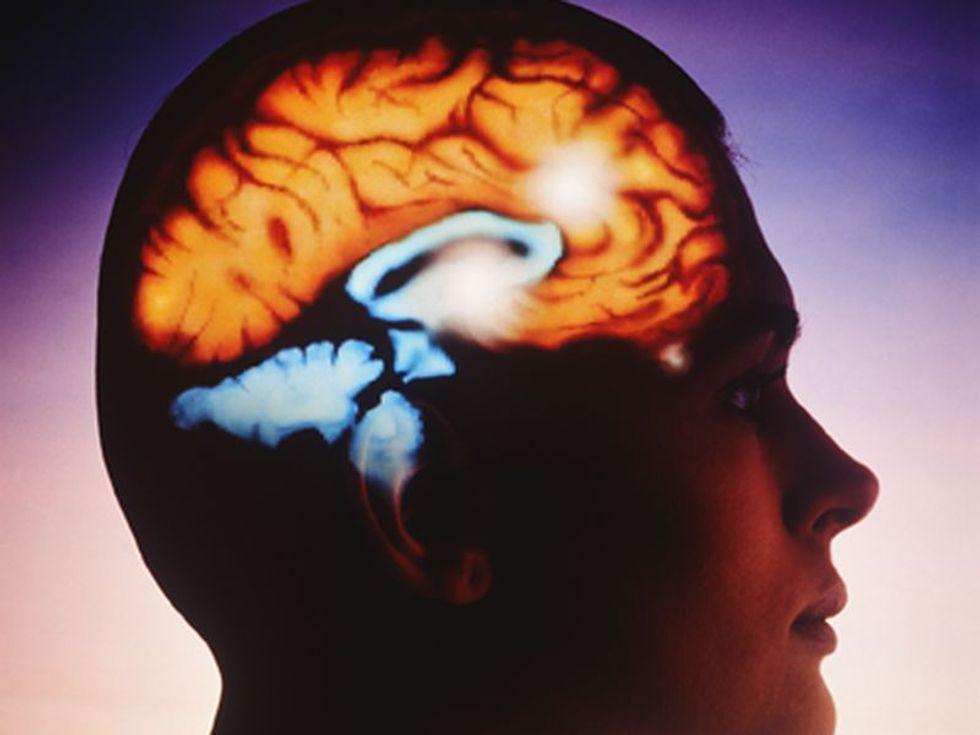
AI could help doctors cut back on the bewildering variety of medications that seniors frequently are prescribed, a new study suggests. More than 40% of seniors are prescribed five or more meds, and this increases a person’s risk of adverse drug interactions, researchers said. When asked to evaluate faux medication lists of seniors, the OpenAI… read on > read on >


















